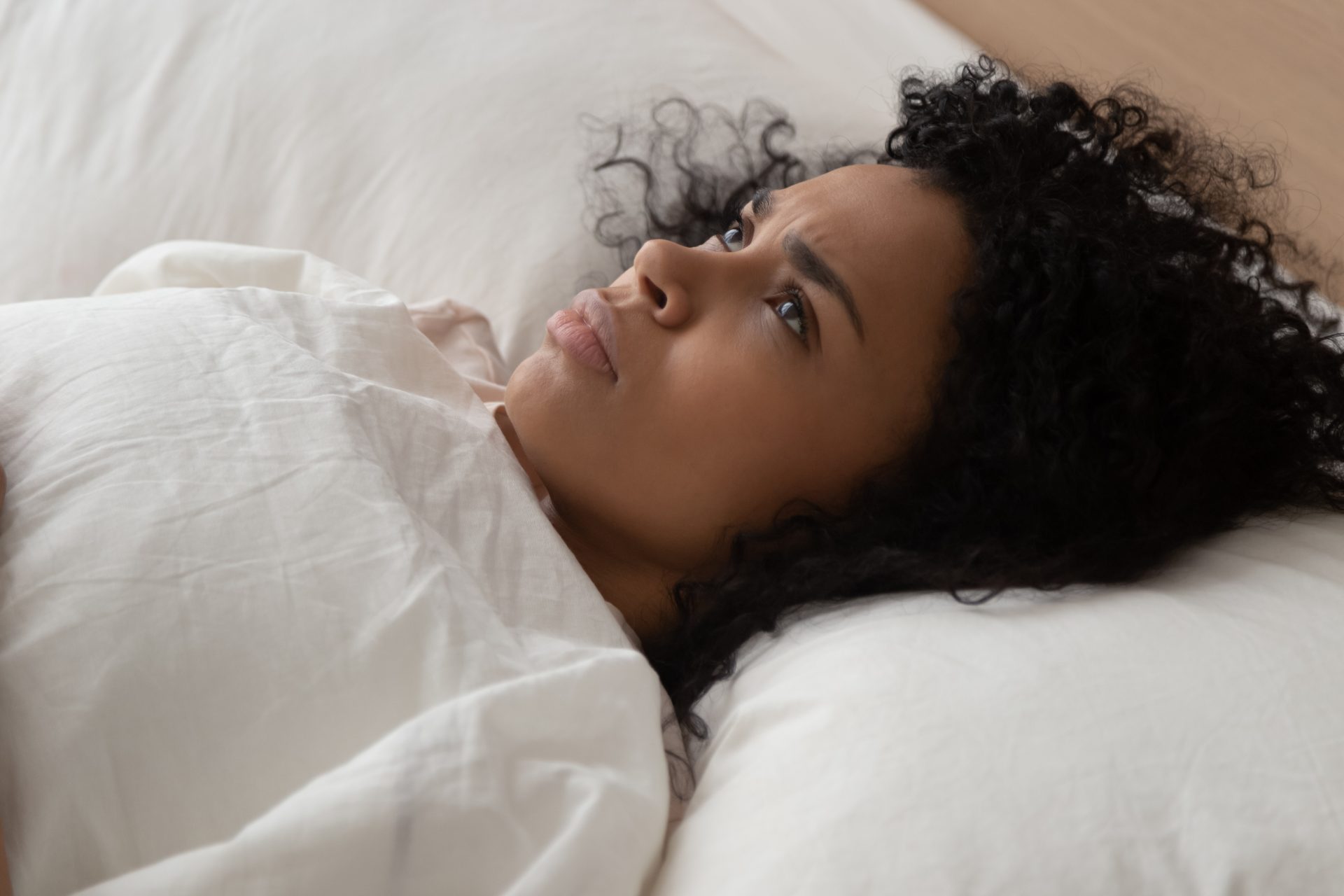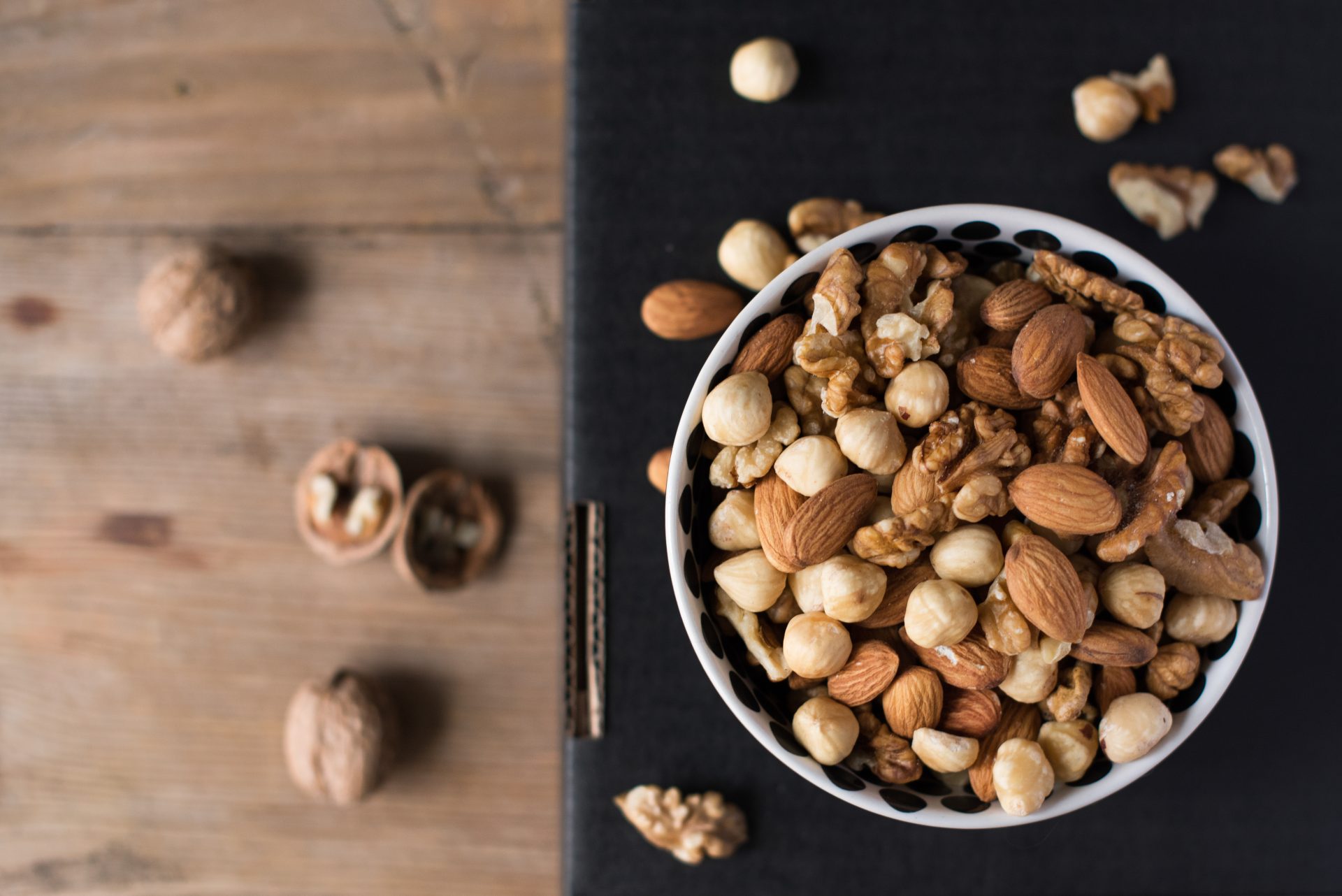Did you know that what and when you eat can have an impact on your sleep? Nutrition experts explain why, and tell us the worst and best foods for getting a good night’s rest.
There are few better feelings in life than being totally well rested. Unfortunately, though, our sleeping patterns don’t always play ball, and there are a number of different factors in our day-to-day lives that can make it difficult to doze off, including everything from stress to our central heating.
One key thing that is often overlooked when it comes to getting a good night’s sleep is our diets. Studies have found that our dietary patterns and consumption of specific foods can have a significant impact on our sleep quality, with some foods having the potential to really disrupt our time in the land of Nod.
Certified Health Education Specialist Brielle Merchant and Doctor Aishah Iqbal both know just how important sleep is, and how much our eating habits can affect it. So we asked them for their expert insights into the link between diet and sleep, what you can eat to ensure you sleep well – and what foods are most likely to disrupt your rest.
You may also like
Coronavirus UK: how lockdown rule changes have affected our sleep
How important is diet to good sleeping habits?
As Brielle explains, “eating healthy, well balanced meals supports your body’s pathways when regulating your hormones”, some of which “impact how much sleep you get and how well you sleep”. This means that eating foods containing nutrients that support sleep – and in the right amounts – is crucial to ensuring you are able to drift off when your head hits the pillow.
In the same way that your diet can influence your sleep, “poor sleep is in turn associated with unhealthy eating habits”, says Aishah. Therefore, if one becomes compromised, this will have a knock-on effect on the other. But your sleep and diet are supposed to support one another, because both influence your energy levels throughout the day. So Brielle recommends “trying to keep a consistent sleeping and eating pattern, so that they are able to work together to supply your body with energy”.

When and how much should you eat in the evening?
Aishah explains that “there is growing evidence to suggest that the time you eat can impact your circadian rhythm”, also known as your sleep-wake cycle. As a result, eating too close to when you go to bed can potentially impact your sleep routine, and so “it’s best to eat earlier in the evening, allowing yourself a couple of hours to digest your meal before going to sleep”.
However, there is no hard and fast rule for when you should be eating. As Brielle explains, “it’s important to listen to your body and how you feel”, and “aim to feel satisfied when you eat in the evening, but not stuffed or hungry”. Really, “it all depends on what works well for you”.
What are some of the worst foods to eat before you sleep?
While some foods are fine to eat throughout the day, whether because they are good fuel or a tasty pick-me-up, they may not always be a good idea to eat close to bedtime. Both Brielle and Aishah particularly warn against the consumption of caffeine too late in the day, “because it stimulates the brain and gives you energy, thus keeping you awake”, says Brielle.
You may also like
5 ways to solve sleep struggles according to an expert
Foods high in sugar can be stimulating as well. As Aishah explains, they “heighten arousal and give you a dopamine hit, which keeps you feeling alert”, and so she recommends you stay away from “sugary foods like sweets, chocolate and cakes at least two to three hours before going to bed”.
According to Brielle, some foods cause disrupted sleep simply because they take longer for the body to digest. If you’re struggling with your sleep, try to stay away from heavy proteins in your evening meals, and minimise the carb-rich foods like rice and pasta. Instead, she recommends trying plant-based alternatives, which are lighter and less likely to keep you awake.
What foods will help you get a good night’s sleep?
Brielle explains that kiwis are excellent sleep aids. In fact, “in a study, participants who started consuming kiwis regularly before bed were able to fall asleep 42% faster” than they did before. Foods high in melatonin are great as well, because melatonin is the hormone that helps to regulate your circadian rhythm. Aishah recommends cherries and nuts such as walnuts and almonds as good sources of this crucial hormone.

Fatty fish such as salmon and tuna are a good option for your evening meal. They are a great source of vitamin D and omega 3 fatty acids, “which help to regulate serotonin, the hormone that is responsible for maintaining sleep”, explains Brielle. Milk contains vitamin D, too, as well as tryptophan, “both of which have been linked to supporting sleep”.
Follow @StrongWomenUK on Instagram for the latest workouts, delicious recipes and motivation from your favourite fitness experts.
Images: Getty
Source: Read Full Article
